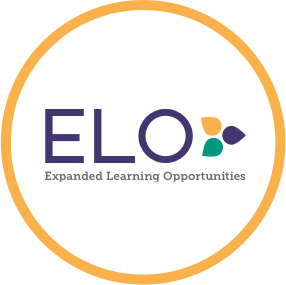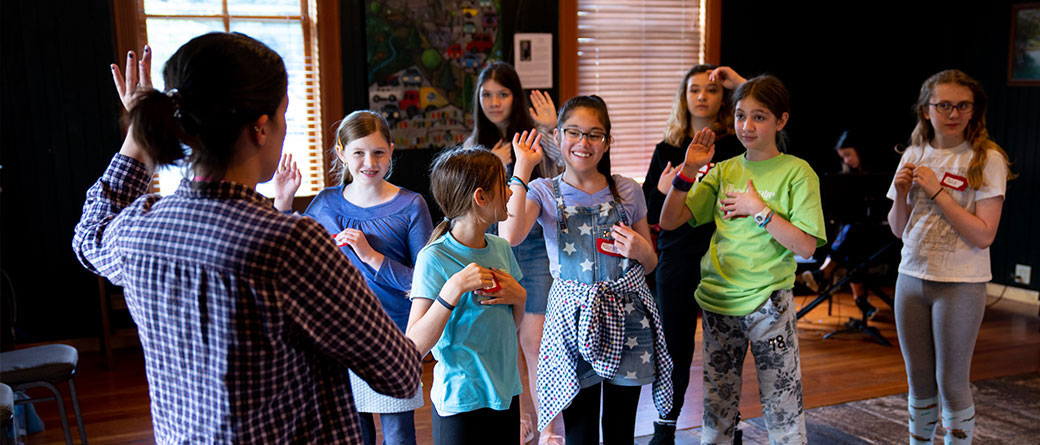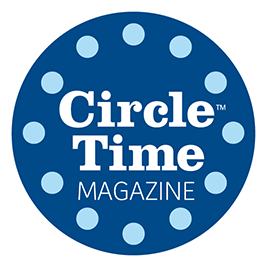
Building high-quality, equitable, enrichment opportunities for school-aged children and youth (ages 5-18)

Building high-quality, equitable, enrichment opportunities for school-aged children and youth (ages 5–18)

Expanded Learning Opportunities (ELO)
Cultivate Learning has broadened our scope to include the ELO field. ELO provides a wide range of enrichment opportunities to school-age children and youth (ages 5–18). These programs operate during out-of-school time, during summers, and on weekends in diverse settings such as parks and recreation departments, youth centers, after-school programs, sports organizations, and community service programs. After almost twenty years of work in evaluation, system building, and professional development for early learning programs, it’s time that we expand our work to improving quality and equity, beyond early learning to youth as old as 18 years.


Our Impact on Children and Youth
Studies show that attendance and participation in ELO programs have been linked to numerous academic and non-academic gains, including increased school attendance and participation in class, better grades, reduced likelihood of substance abuse, and even better physical, social, and emotional development and well-being.
Circle Time Magazine is a unique professional development series that offers a web-based talk show, magazine, and online resources with each episode. This season we’re partnering with School’s Out Washington to look at quality teaching practices with an expanded age range. We’ll be especially focused on school-age children, and discuss practical strategies for working with children ages birth to 12 years old. Many providers serve both early childhood and school-age children. Right now during the COVID-19 pandemic many programs have expanded their services. Some providers are serving school-age kids for the first time and other programs are serving school-age children all day and are supporting remote learning. This season will review practices to support both experienced and new school-age care providers. Learn about creating safe, culturally responsive learning environments, building social-emotional skills, and cultivating empowering relationships with children.

Showing Up: A Trauma Informed Care Podcast
“Showing Up” is a podcast about trauma informed care practices for Expanded Learning Opportunities (ELO) programs. Episodes include: Impact of Positive Relationships, Intersectionality and Race, Supporting Queer Youth, Self-Regulation Strategies, and Sustainable Well-Being. In each episode, we hear from academic guests, young people, and ELO providers who are doing amazing work in their communities. We wrap up each episode with a strategy spotlight, where we review one thing you can implement in your work. Each episode covers language and tools for working with young people.
Content warning: Showing Up features themes of trauma, mental health, and resilience, which may be triggering for some. Listen to your body's cues, take breaks and use self-regulation strategies. Don’t hesitate to ask for help, no issue is too big or too small. You can always reach out to the National Suicide Prevention Lifeline at 800-273-8255 for support. They are available to talk with you and connect you to local mental health resources.
All youth are listed by first name only to protect their privacy.
Transcripts: Overview transcript, Episode 1 transcript, Episode 2 transcript, Episode 3 transcript, Episode 4 transcript, Episode 5 transcript, Episode 6 transcript, Episode 7 transcript, Episode 8 transcript, Episode 9 transcript, Episode 10 transcript.
For more materials related to our Showing Up podcast series, visit the Expanded Learning Opportunities Resource Library.

ELO Two-Minute Tips
Two-minute tips are quick, simple, research-based strategies for ELO professionals. The tips focus primarily on strategies for working directly with children and youth, but also cover tips for program leadership and self-care. Each tip contains a short introduction, links the strategy to research-based outcomes, provides short practice tips for implementation, and a video of the strategy in action.








